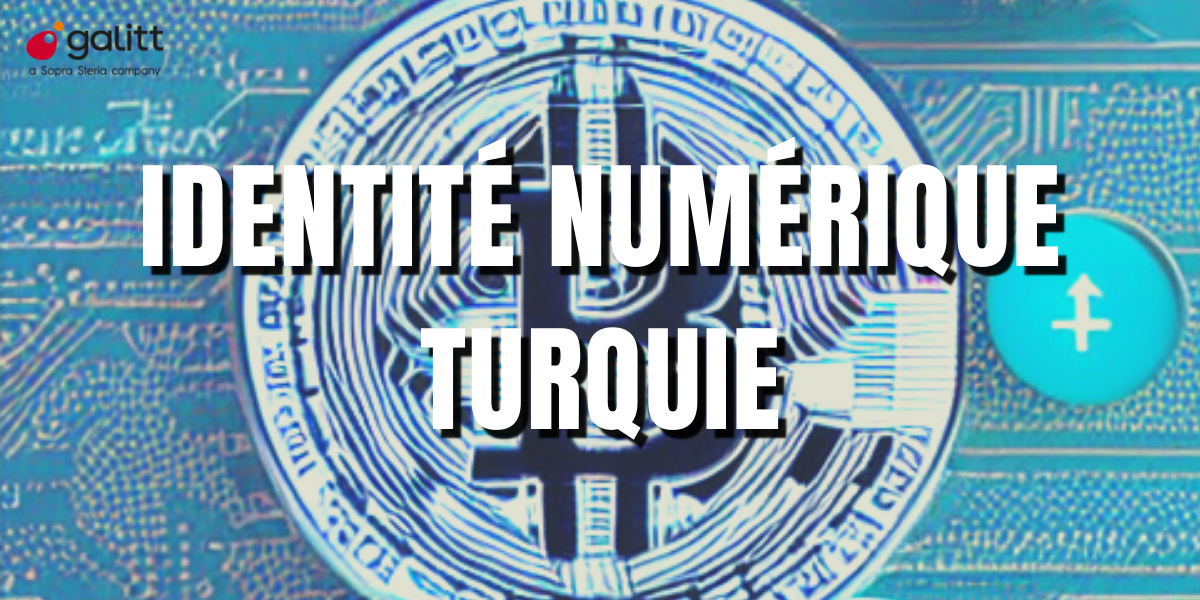Turkey uses blockchain to launch digital identity project

Turkey announces the launch of a blockchain-based digital identity application project, shortly after its central bank completed its first CBDC tests.
FACTS
-
As part of Digital Turkey 2023, Turkish Vice President Fuat Oktay announced that citizens will be able to use a blockchain-based digital identity to enter the "e-Devlet".
-
The latter is the country's digital government portal. It allows citizens to access many public services. The digital identity will allow Turkish citizens' identity to be verified when they log in.
CHALLENGES
-
Reducing the risk of identity theft: blockchain can revolutionise security because it is difficult to hack. Web3 services are more secure and accessible thanks to the number of nodes included in a blockchain. This technology offers high standards of transparency and security because it operates without a central control body and facilitates the storage and transmission of data.
-
Accelerating administrative procedures thanks to dematerialisation: blockchain also accelerates the dematerialisation of administrative procedures, making it possible to adapt media to the new uses of citizens. It also saves time and money.
-
Turkey is investing heavily in blockchain: after several announcements of blockchain-powered projects, this announcement suggests that Turkey will soon launch a global initiative to promote the adoption of blockchain in the country.
MARKET PERSPECTIVE
-
Turkey has announced several blockchain projects over the years, but to date very few have materialised. The country's plans to build a national blockchain infrastructure date back to 2019. But apart from a few conceptual projects and tests of the central bank's digital currency, which have been completed after several delayed deadlines, the blockchain goals have not yet borne fruit.
-
In January 2020, the Turkish Cultural Centre in Konya developed a "City Coin" project that allowed citizens to pay for public services, but no new updates have been shared with the public in the last two years.
-
South Korea is one of the pioneers in this field. South Korea announced in 2022 that they will adopt blockchain-based digital ID cards in 2024. Local authorities will no longer require a plastic card for identification. A smartphone will suffice to prove identity and access various public services.
